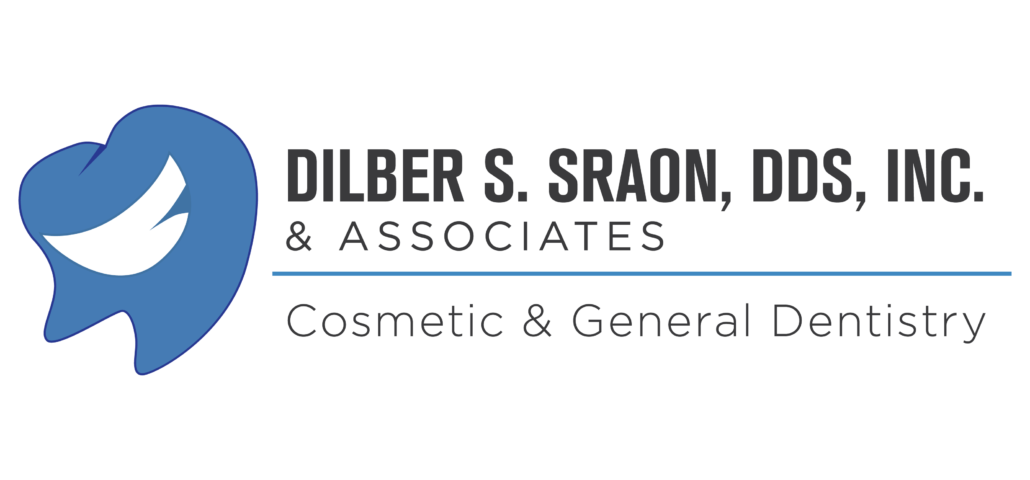With so much information right at our fingertips, it can be hard to know what to believe. The wealth of information we’re exposed to—especially online—has caused us to be cautious and remind ourselves that “just because it’s on the internet, doesn’t mean it’s true.”
Have you ever experienced a mysterious symptom and looked to the internet to find out what it might be? If so, you are not alone. Looking for medical answers online can seem effective, but more often than not you will find yourself scrolling through information that may not be factual. The same goes for dental diagnoses and oral health.
When we have questions about our body, friends and family seem like trusted sources to consult. But with so many dental myths swirling around about how to best care for your smile, it’s better to go straight to your dentist. To help you understand what to believe and what to be cautious about, we’ve outlined some of the most common dental myths to look out for:
Myth #1: A white smile is a healthy smile
Let’s make that, a white smile looks like a healthy smile—but it won’t mask anything going on beneath the surface. While whitening your teeth to achieve a bright sparkling smile looks great, it doesn’t improve the health of the teeth themselves. Disease typically begins in the gums and down in the crevices of the teeth, unaffected by their shade. If germs and bacteria make their way into your gum line or the nooks and crannies of your enamel, boosting their whiteness will not have a healing affect. If your oral health needs a makeover, we’ll work with you to get them in tip-top shape, ready for whitening.
Myth #2: Stop brushing right away if your gums start to bleed
Let’s make that, keep brushing! If your gums bleed, it often means you’re not flossing enough, causing your gums to miss out on essential blood circulation. Bleeding gums could also be a sign of gum disease, which should be addressed right away. If you know that you need to up your flossing game, make a point to do so every night to keep your teeth and gums clean and healthy. If you think the problem may be more serious, schedule an appointment right away so we can address the cause of bleeding.
Myth #3: Sugar is the biggest cause of cavities
Let’s make that, sugar may contribute to cavities, but it’s not the biggest offender. Cavities are caused mostly by not brushing your teeth after meals. The bacteria that naturally occurs in your mouth feeds on food particles that are left over from meals and snacks. As the bacteria eats, it dispenses acidic waste in your mouth, which forms plaque. That plaque buildup is what eventually leads to decay and disease. Neglecting to brush your teeth leaves a feast for harmful bacteria to enjoy, so brushing your teeth regularly after eating will help protect your teeth and gums.
Myth #4: You don’t need to floss if you brush well enough
Let’s make that, flossing is the perfect complement to brushing. No matter how religiously you brush your teeth, the bristles just won’t be able to clear out the hard-to-reach nooks and crannies on and between each tooth. Bacteria and infections thrive in hard-to-reach spots in your mouth, and allowing food particles to fester between your teeth can lead to infections, gum disease, gum recession, and bad breath. Lots of people find flossing tricky, so we’d be happy to provide some tips and techniques to make it a breeze.
Myth #5: Brushing better fixes bad breath
Let’s make that, brushing better can help with bad breath, but the cause may be deeper. If you follow a strict hygiene regimen every day but still have bad breath, you may be dealing with an infection or a collection of bacteria that should be addressed by a dentist. If you follow a strict regimen but the dentist doesn’t see signs of infection, the bad breath could be caused by changes in your body somewhere other than your mouth, such as the result of a new medicine.
Myth #6: Dental implants may not be around for long
Let’s make that, dental implants have been around a long time! The technology that makes dental implants effective continues to evolve, but their basic function has been consistent for over 50 years. Implants are designed to fill gaps in your smile, improve the condition of your jawbone, and keep your bite pressure healthy so you can talk, eat, smile, and breathe comfortably. If you are hoping to fill a gap in your teeth, or you would like to leave dentures behind, ask us about the possibilities of dental implants.
We love when patients ask questions. When patients come directly to us, we can rest assured that they are getting accurate information and taking actions that are best for their oral and overall health. Call us today or make an appointment to answer any questions you may have!
